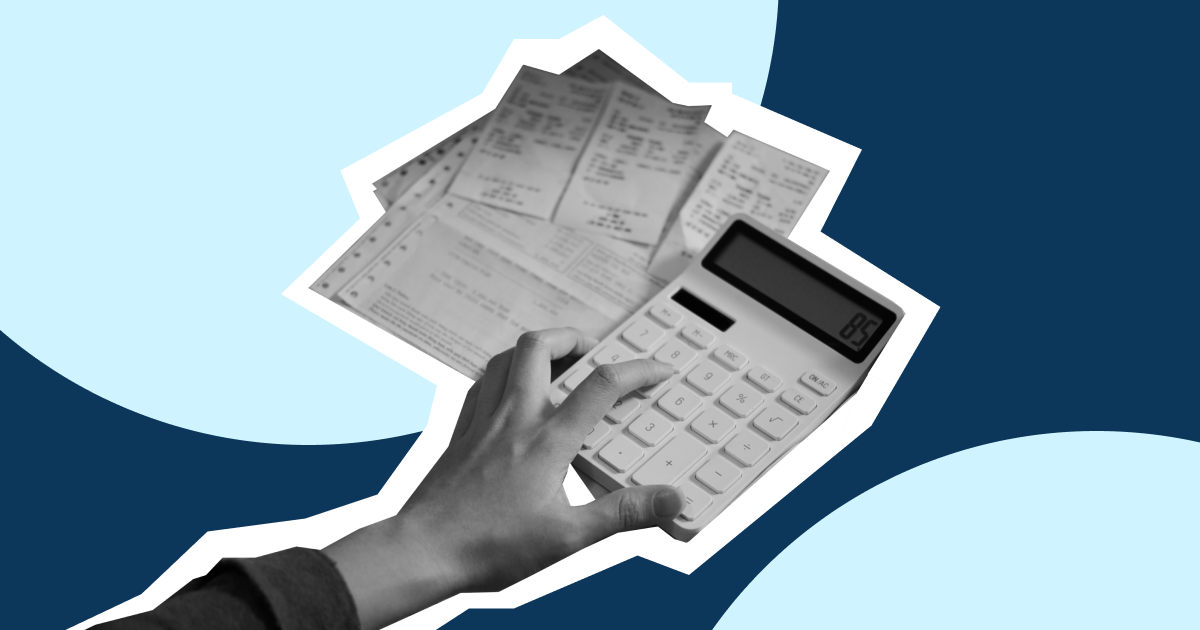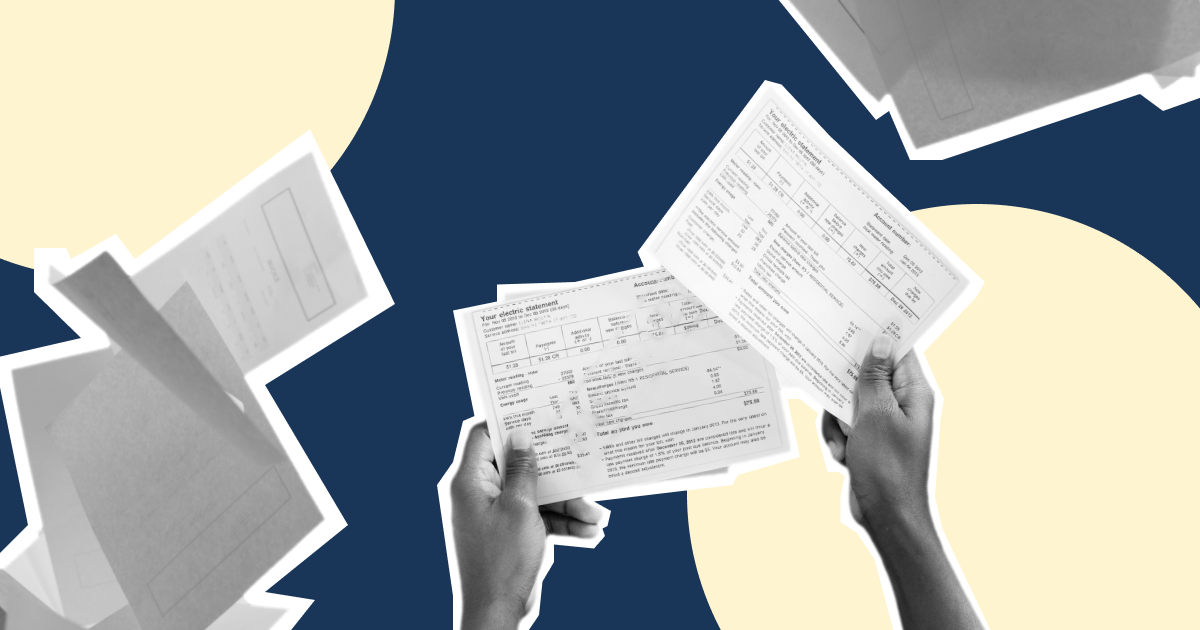Summary
Managing finances and business expenses is a dreaded process for many entrepreneurs and business owners. From filing expense reports, processing claims, to managing invoices, it sounds like a hefty undertaking, especially for small businesses.
But what if we told you it’s not as complicated as it sounds? From leveraging on digitisation, setting up a business account, to deep cleaning your budget, here are five practical and effective ways to get your business expenses in order.
5 simple ways to organise your company expenses
- Track and audit your expenses
- Create a financial reporting process
- Leverage on software automation
- Deep clean your budget
- Separate your personal and business expenses

1. Track and audit your expenses
Stabilise your company’s financial situation by regularly keeping track and auditing your expenses. The purpose of a financial audit is to assess and evaluate your company’s financial statements, ultimately boosting the integrity and credibility of your business.
Auditors can either be in-house or external auditors, depending on the company’s preference. However, some prefer outsourcing auditors to show key stakeholders that there’s no possibility for a conflict of interest that may influence the result of the audit.
This information is then provided to key members of the company such as investors, employees, regulatory bodies, and financial institutions.
2. Create a financial reporting process
Schedule regular meetings with your finance team on the status of your financial reports. Ideally, it is recommended to hold these meetings every quarter to give your team sufficient time to prepare and assess the relevant records before presenting them. Ensure that you prepare your cash reports, balance sheets, and profit and loss statements during this time.
By staying on top of your financial reports each quarter, you can develop future decisions and plans regarding your business expenses more efficiently.
3. Leverage on software automation
It may have worked before but relying on manual methods to manage business expenses will only be a waste of money and valuable time. In this day and age, tapping into digitisation is key to the success of every business, especially when it comes to all financial affairs.
Take bookkeeping and payroll matters, for instance. Such software allows you to keep tabs on your expenses and categorise your spending in just a few clicks. From generating accurate payslips, automating year-end reports to the reduction of manual errors, the advantages are endless.
Leverage software automation and watch your expense management process improve significantly.

4. Deep clean your budget
Did you know that even your business expenses need cleaning as well? Cleaning up your budget is a common practice in the banking industry that can also be adopted by businesses. This gives business owners a chance to re-evaluate areas in their budget plans that may need some polishing. Some activities included in budget clean-ups typically include:
- Review and update your budget plan accordingly: Ensure that your current plan is always in line with your needs and goals as a business.
- Eliminate unnecessary costs regularly: For better profit margins, find areas where you can cut down on unnecessary costs.
- Digitising financial documents: Simplify your financial organisation process and keep your records securely stored in a digital document storage system.
- Catching up on late payments and debts: Whether it’s personal debt or credit card payments, develop a debt repayment plan according to your budget.
- Set up automatic bill pay: Avoid missing future recurring payments by enrolling in automated bill payments. Common recurring bills include software subscriptions and rent.
- Checking your credit reports for any mistakes: Errors in your credit report can lead to higher interest rates on loans and a lower credit score.
Take this time to develop a clearer understanding of your business’ financial health to safeguard your future expenses.
5. Separate your personal and business expenses
We know we’ve said this time and time again. But that’s only because it is a crucial part of organising your finances.
Larger companies would have already completed this step, given the scale of their business. But small business owners may still be tempted to use their personal account for corporate use to avoid the hassle of setting up an entirely new account.
The truth is combining your personal expenses and business income can do more harm than good. Apart from the clear difficulty in differentiating your finances, this may affect your chances of claiming business expenses on your taxes. Look into the various options available to you and find the best 'business bank account' or a 'business account' from a payment services provider, aligned with your needs and financial goals.

Get organised with the Aspire
When you get your finances in order, you ensure that your business expenses are on track for the future. One of the best ways to get started on your journey towards financial organisation is to open a' business account.'
With the Aspire Business Account, you’ll be able to do more than just organising your finances.
Enjoy a completely digital onboarding experience with no physical branch visits, smart features and integrations, and cashback rewards on all qualified digital spend — made for modern entrepreneurs just like you.










%201.webp)


.webp)